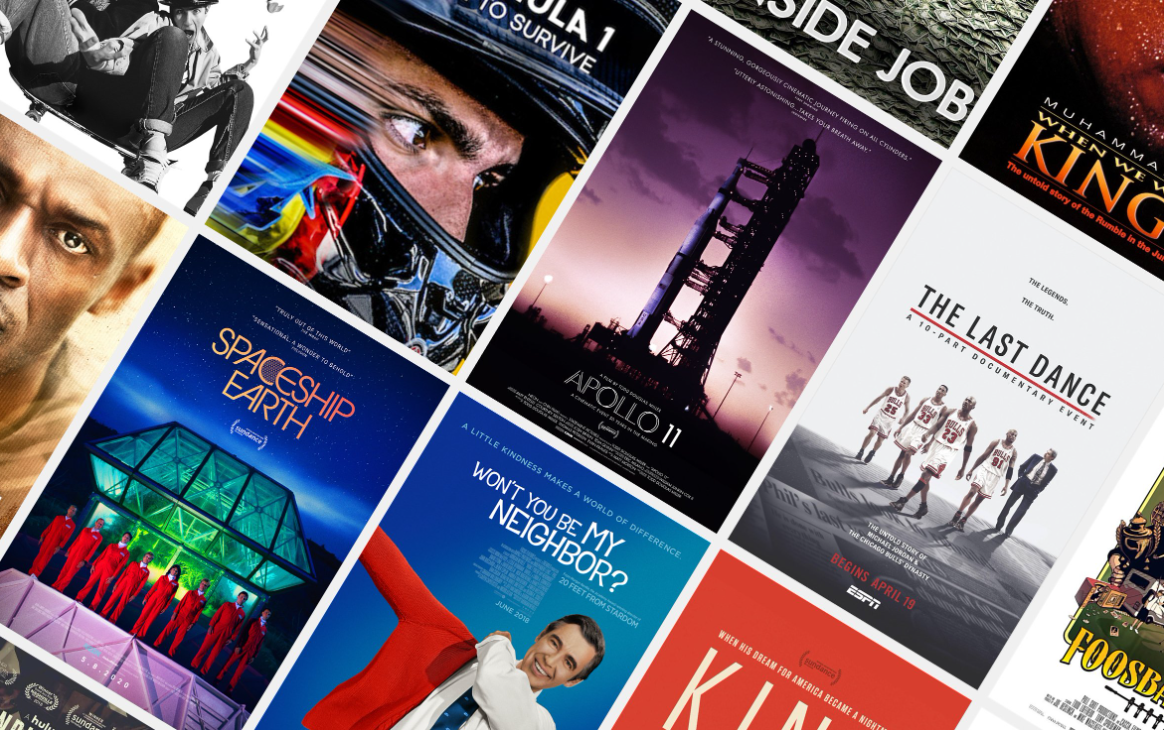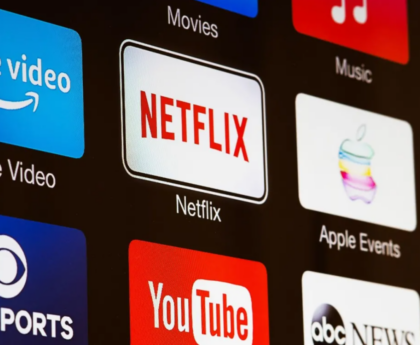Documentaries have become increasingly popular over the years, with a growing number of filmmakers choosing to use the medium to educate and inspire change. Documentaries come in various types, including historical, social, cultural, and scientific, each with its unique style and purpose. They have the power to inform, educate and engage audiences on various issues, making them more than just entertainment.
Types of Documentaries:
Historical documentaries focus on significant events in history, providing an in-depth analysis of the past, such as wars, political revolutions, and historical figures. Social documentaries tackle social issues, such as inequality, racism, and human rights, highlighting the impact of these issues on society. Cultural documentaries explore cultural practices and traditions, while scientific documentaries explore scientific discoveries and breakthroughs.
Impact of Documentaries:
Documentaries have a significant impact on the public, educating viewers on various issues and inspiring change. They present information in a compelling way, making it easier for viewers to understand complex issues. Documentaries often include real-life stories and interviews with experts, providing viewers with a deeper understanding of the issues. Documentaries have the power to spark discussions, influence public policy, and inspire social movements.
Examples of Documentaries:
Some of the most impactful documentaries in recent times include “An Inconvenient Truth,” which highlighted the impact of climate change, “Food, Inc.,” which revealed the dark side of the food industry, and “The Cove,” which exposed the horrific dolphin-hunting practices in Japan. These documentaries not only provided valuable information to the public but also sparked discussions and inspired action.
The Future of Documentaries:
As the demand for documentaries continues to grow, so does the need for expanded platforms for distribution. Streaming services like Netflix and Hulu have played a significant role in bringing documentaries to a wider audience. The rise of documentary series has also contributed to the increased popularity of the genre, with many viewers opting for in-depth explorations of specific topics. As technology continues to advance, filmmakers will have more opportunities to create high-quality documentaries and reach larger audiences.
Conclusion:
Documentaries are more than just entertainment. They have the power to educate, inspire, and spark change. As viewers, it is essential to support documentary filmmakers by watching and sharing their work. By doing so, we can help raise awareness on important issues and contribute to creating a better future for ourselves and generations to come. Documentaries provide us with the knowledge, tools, and inspiration to tackle some of the world’s most pressing issues, and it is up to us to take action. We should continue to support and promote the art of documentary filmmaking, and appreciate the value it brings to society.





